High tide is a common phenomenon in Venice, and on some parts of the city it has a noticeable visual impact.
A normal high tide will usually reach a level of 80-90cm on the official scale, which will cause a few percent of the city to flood a bit, mostly around San Marco and the Rialto bridge.
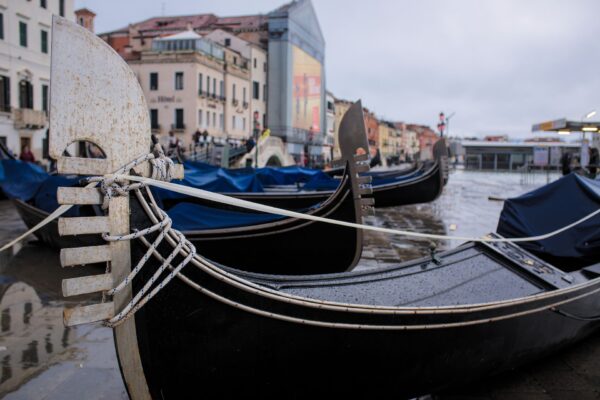
Extraordinary high tides up to 110cm are by now reasonably common, and they happen practically every year, and often many times during a winter. At 110cm about 12% of the city floods, but in most places a pair of wellies will be sufficient to get around.
Exceptionally high tides of 140cm or more are rarer, but they do happen, and with ever higher frequency. At 140cm over 50% of the city floods. In most cases of exceptionally high tides you’ll need a pair of thigh high waders to move around the city.
Recently, from the 12th to the 17th of November 2019, Venice had four exceptional tides, one of which at 187cm the second highest ever measured. In that case many places were under two to three feet of water.
Photographing during high tides
High water above the normal levels almost always happen when the weather is really foul. Strong winds and rain is practically a given, with all the problems that gives.
Lagoon water has a salinity of about 3%, and during high water sewage tanks around the city will often overflow, so the water is not particularly clean and definitely not safe for photographic gear. Salt water is high corrosive and can destroy electronics in no time.
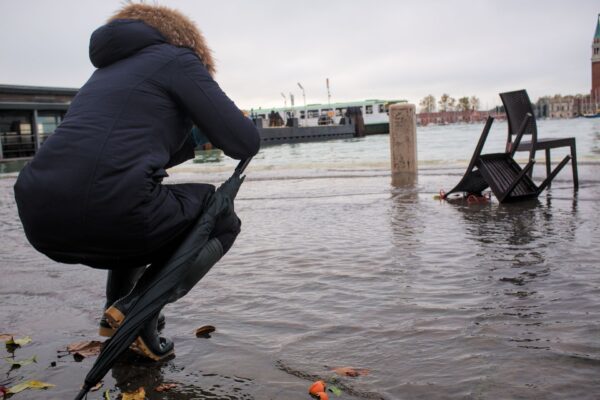
The city is full stairs and canal sides, and when walking it only takes one wrong step to end up in the water, or worse, in a canal.
The Venetians are not happy when the water comes up too high. Water will enter shops and homes, causing at best inconveniences, at worst substantial material damage. People under duress are more likely to take offence if photographed without consent, so my advise is to always ask if you want to take a photo of somebody, and to accept a no.
Planning for high tide in Venice
It might be tempting to plan a photo tour in Venice for the high water, but it is not that easy. The astronomical component of the tide can be calculated years in advance, and tables are readily available. However, the astronomical tide will only go as high as 80-90cm.
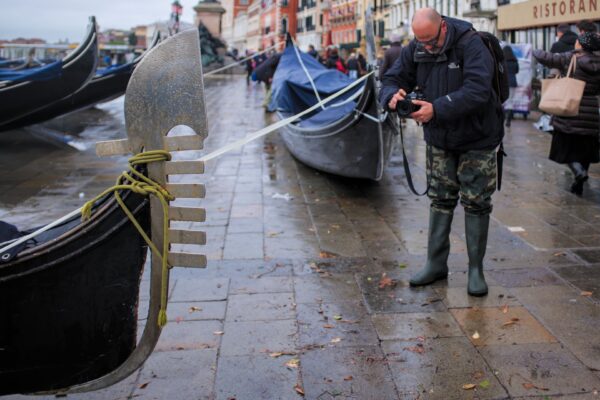
Meteorological factors, such as wind direction and force, air pressure and rainfall, are responsible for everything above 80-90cm. The impact of weather factors on the tide can only be forecast with some precision two to three days in advance.
Just as the weather can cause a tide to go higher, it can also make it go lower.
So there aren’t really any guarantees, and planning a visit in Venice for the high water is not really feasible.
High tide photos
A few photos from after the record tide of November 12th, 2019
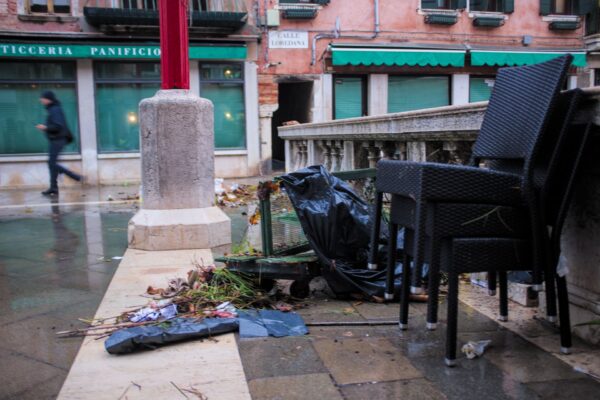
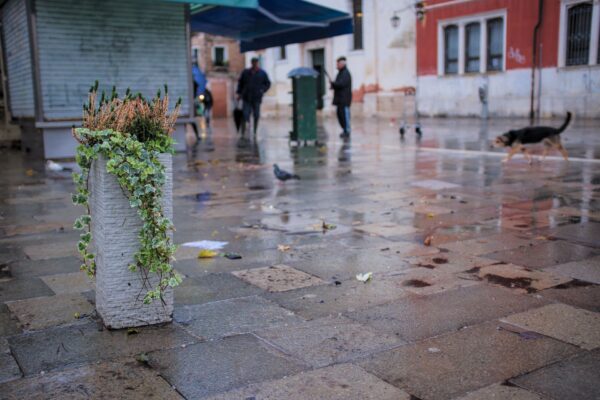
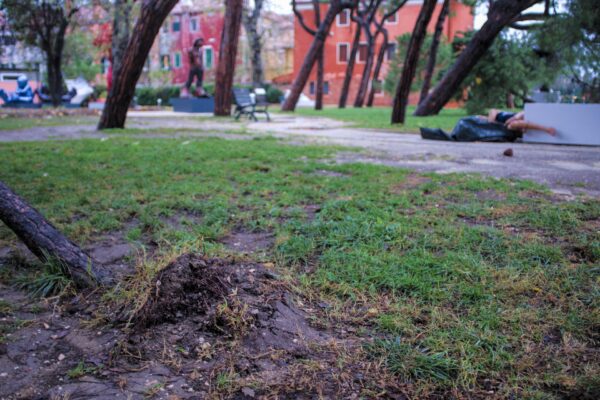
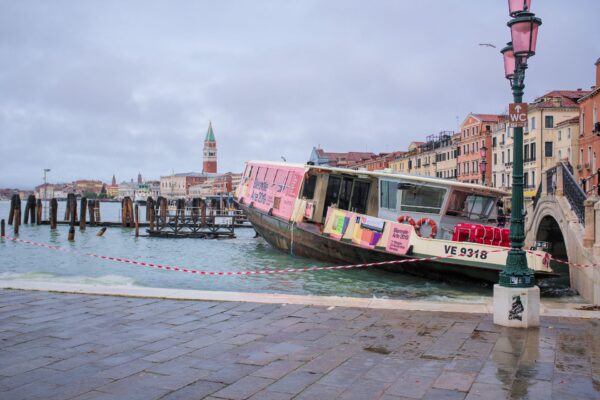
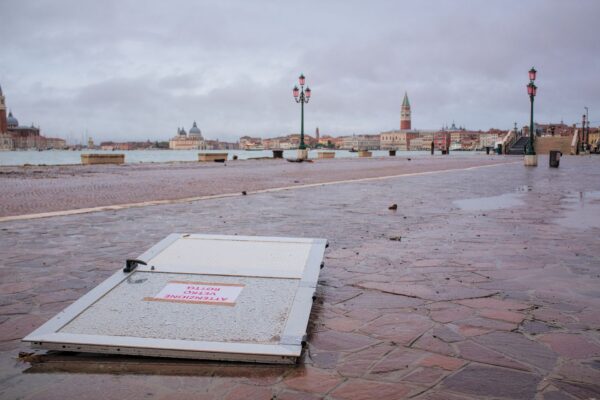
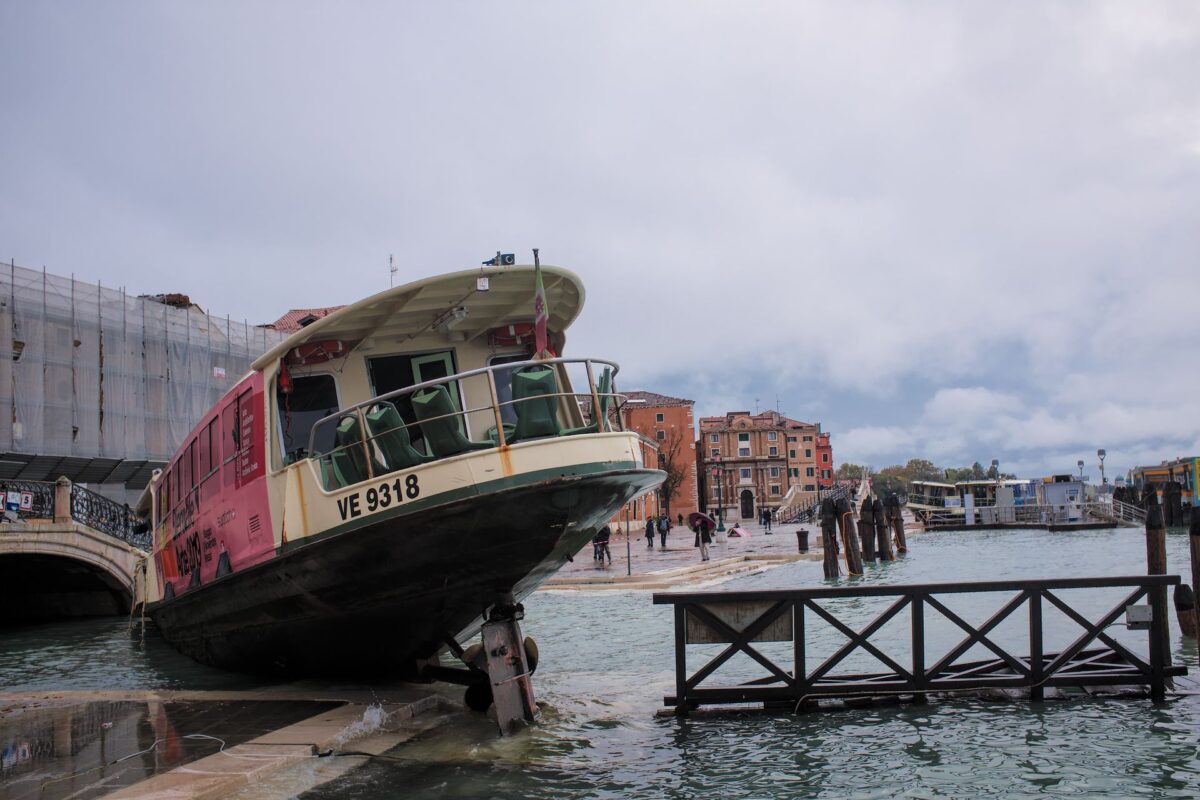
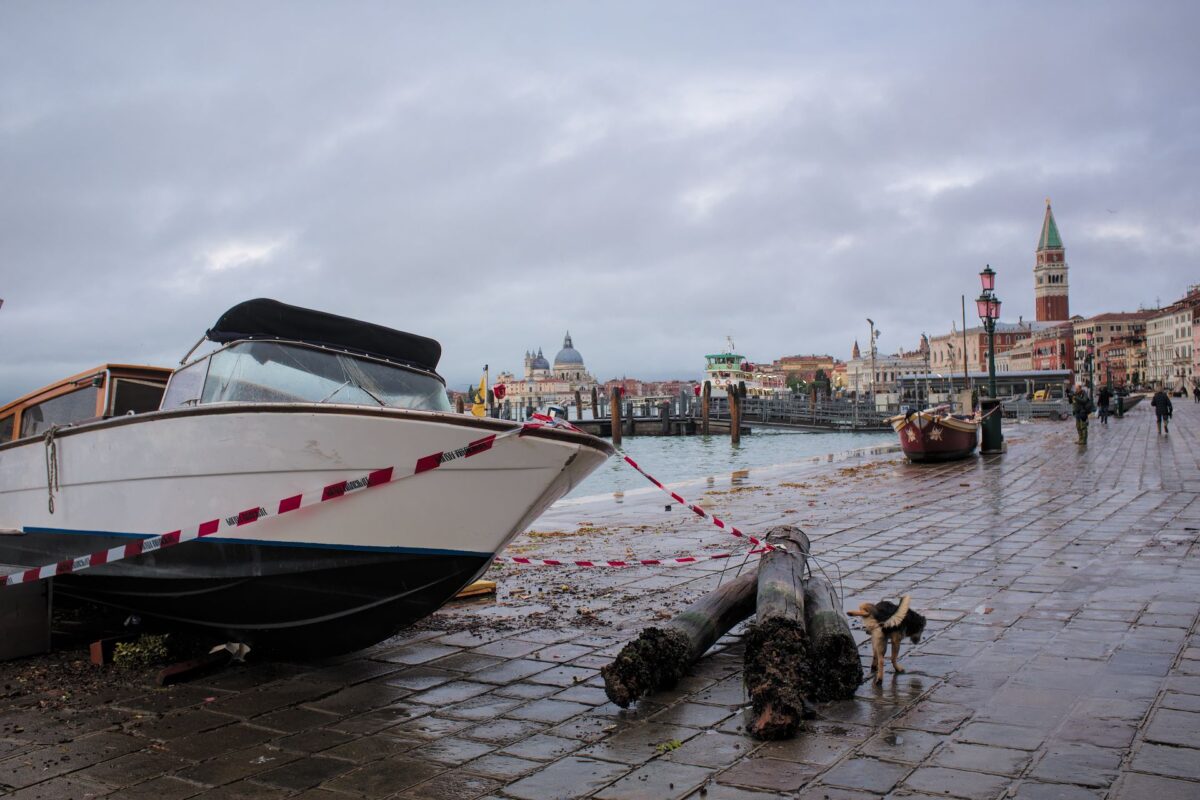
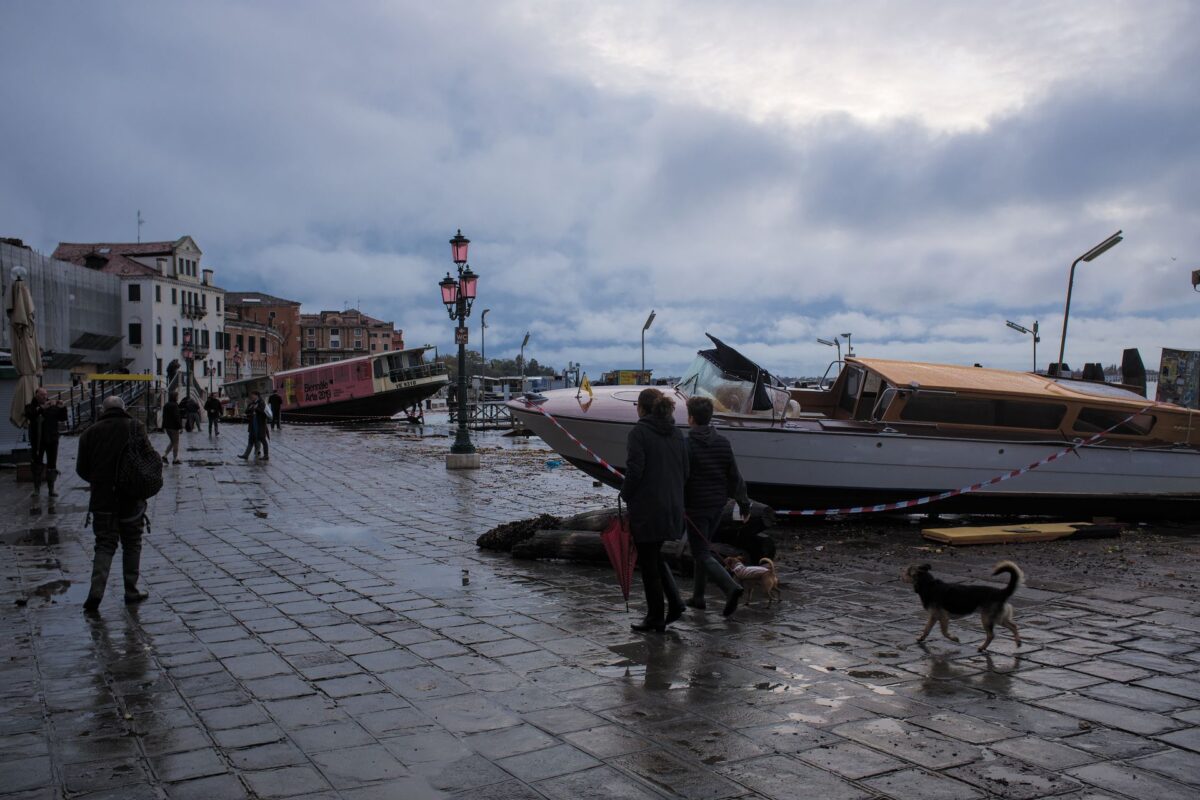
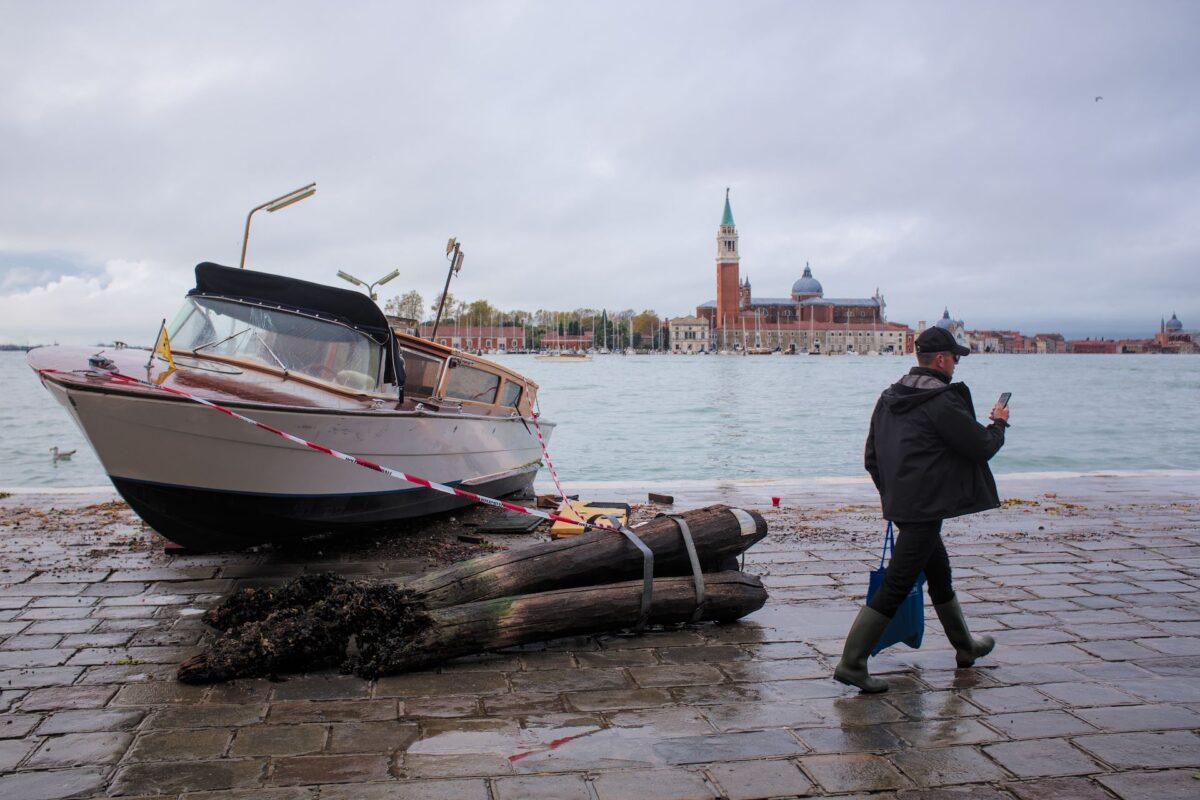
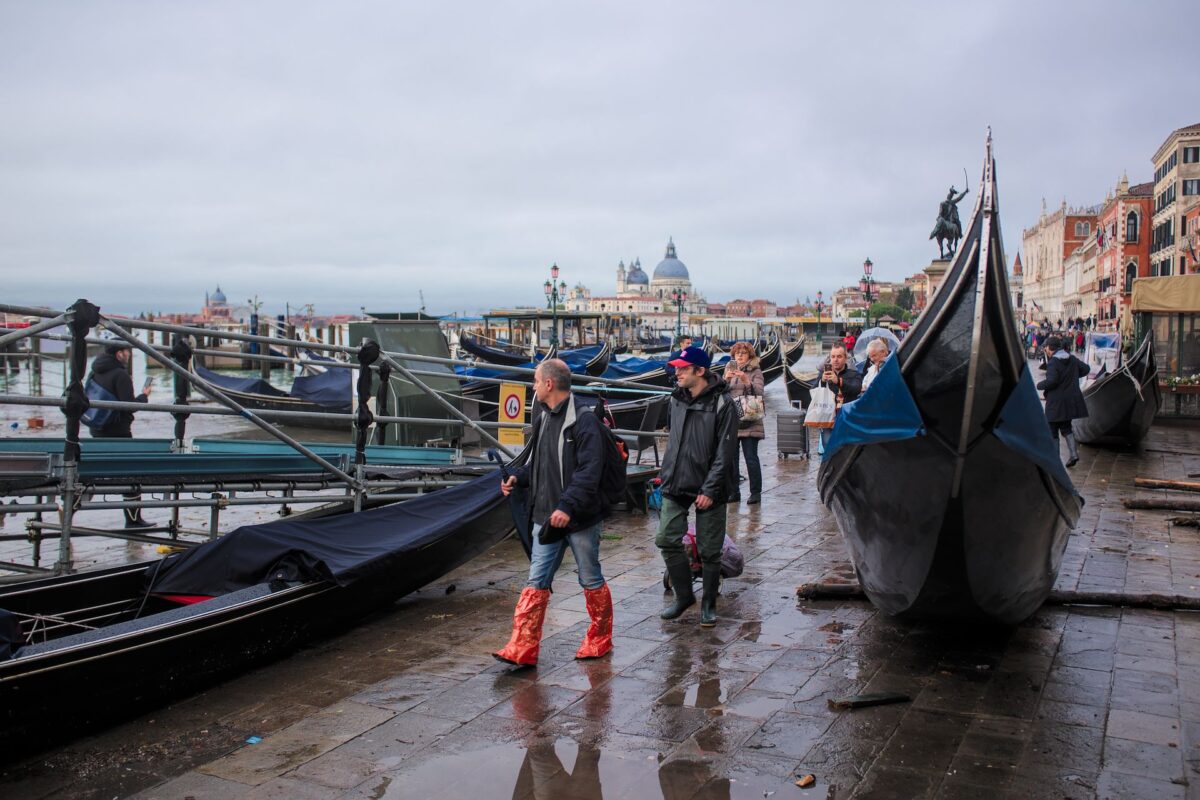
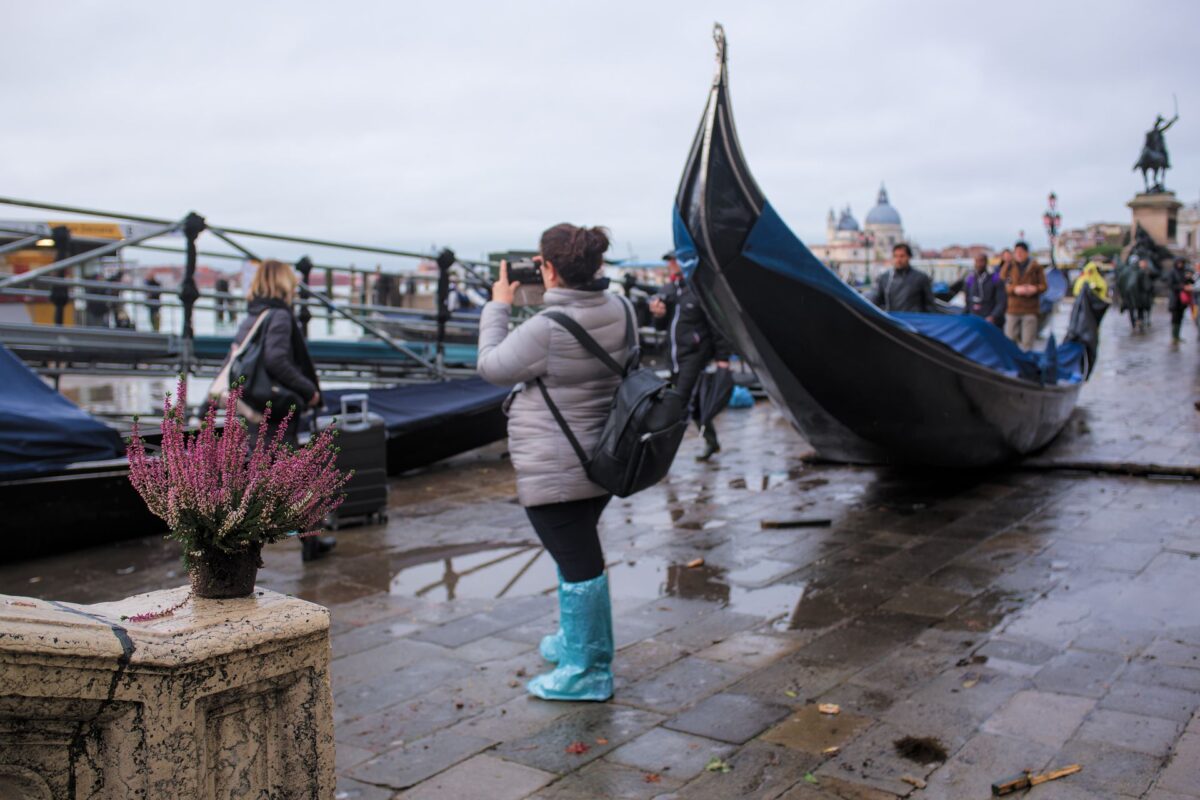
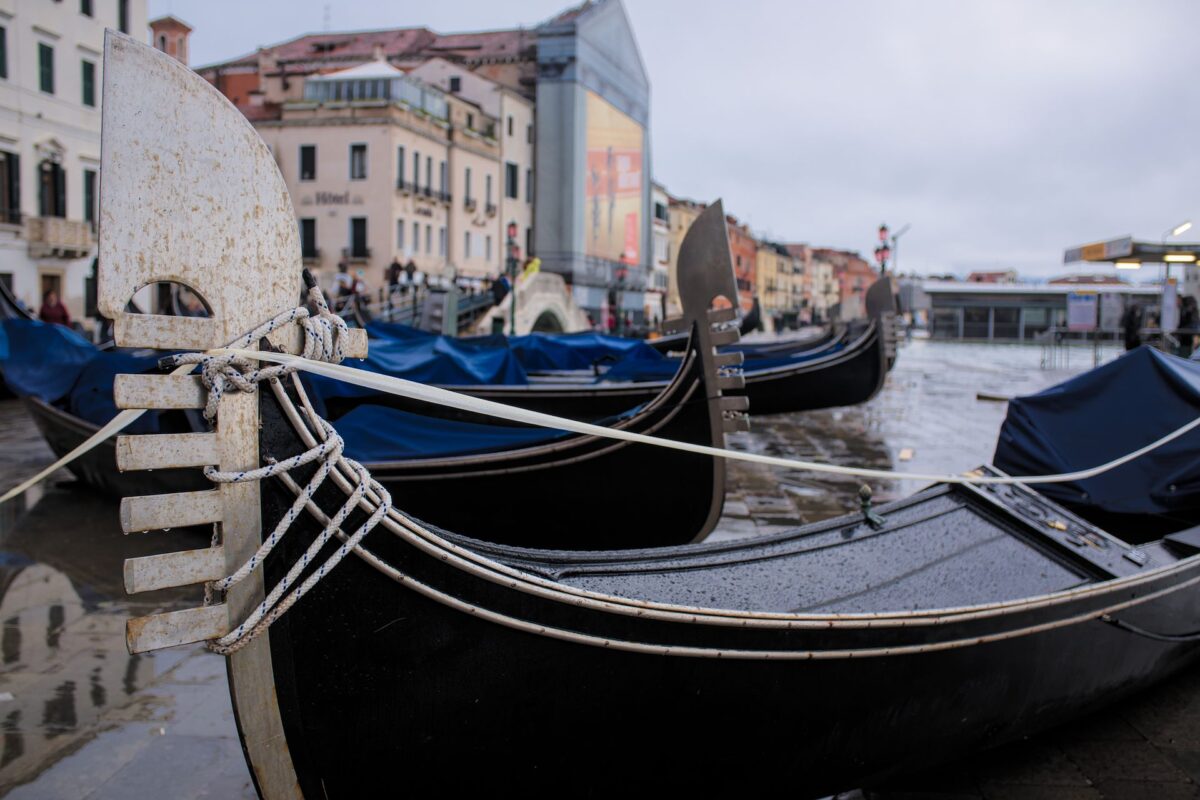
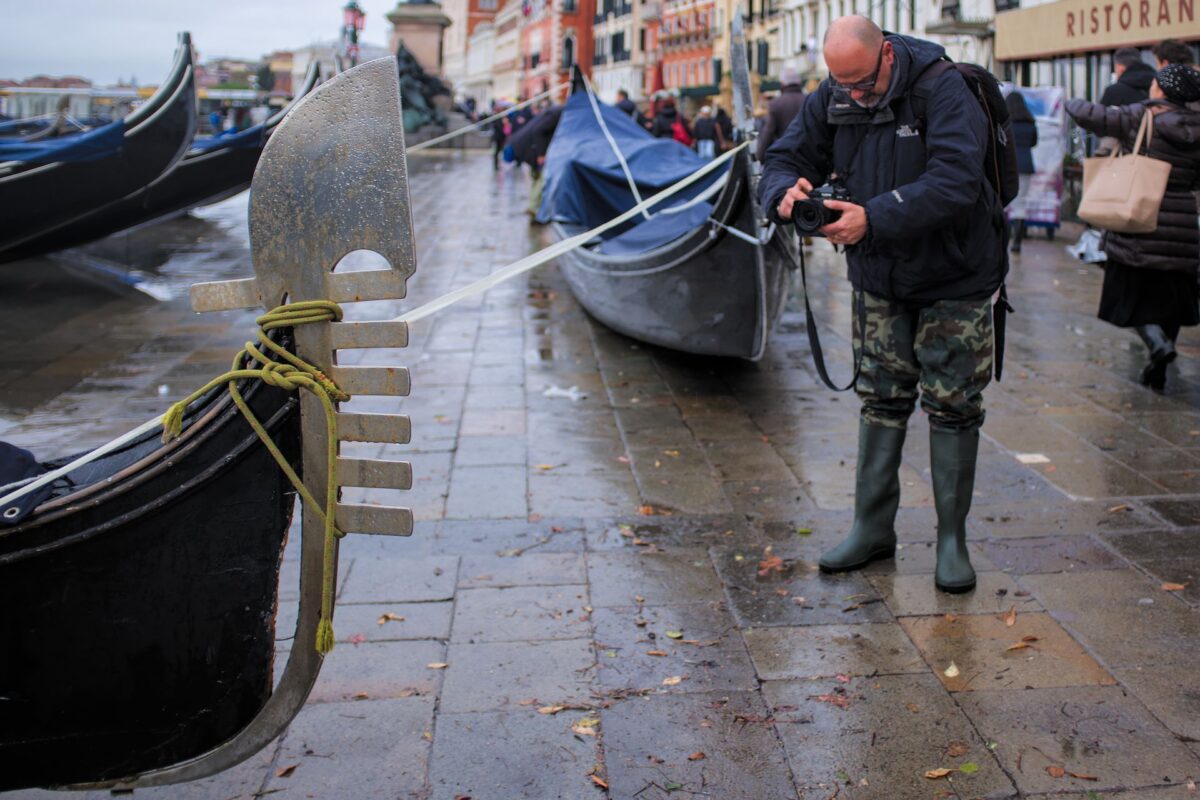
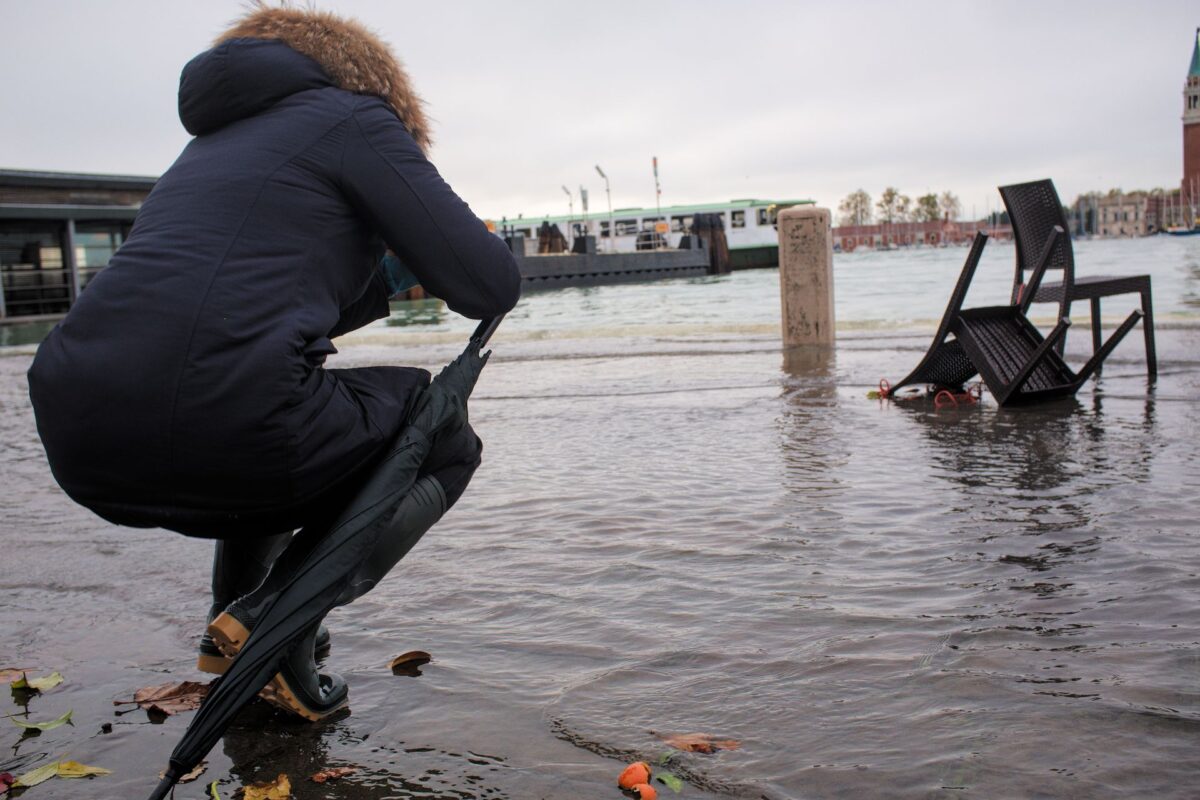
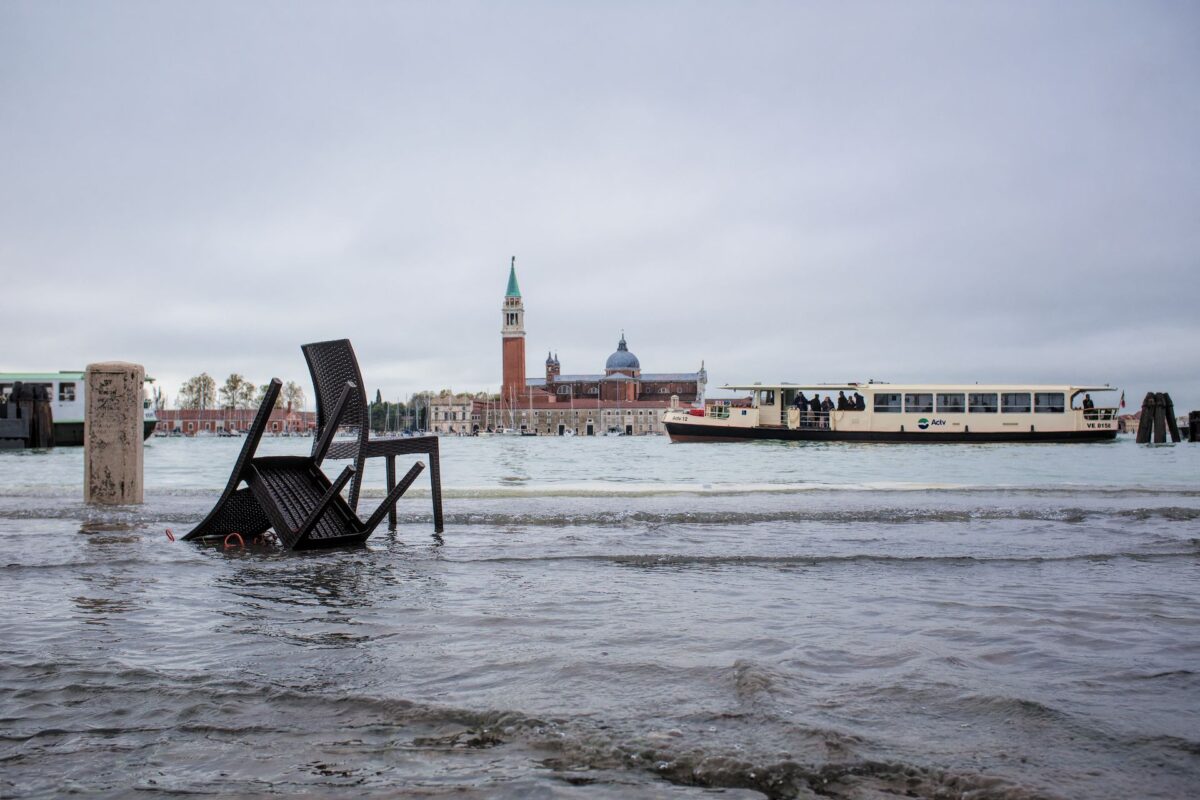
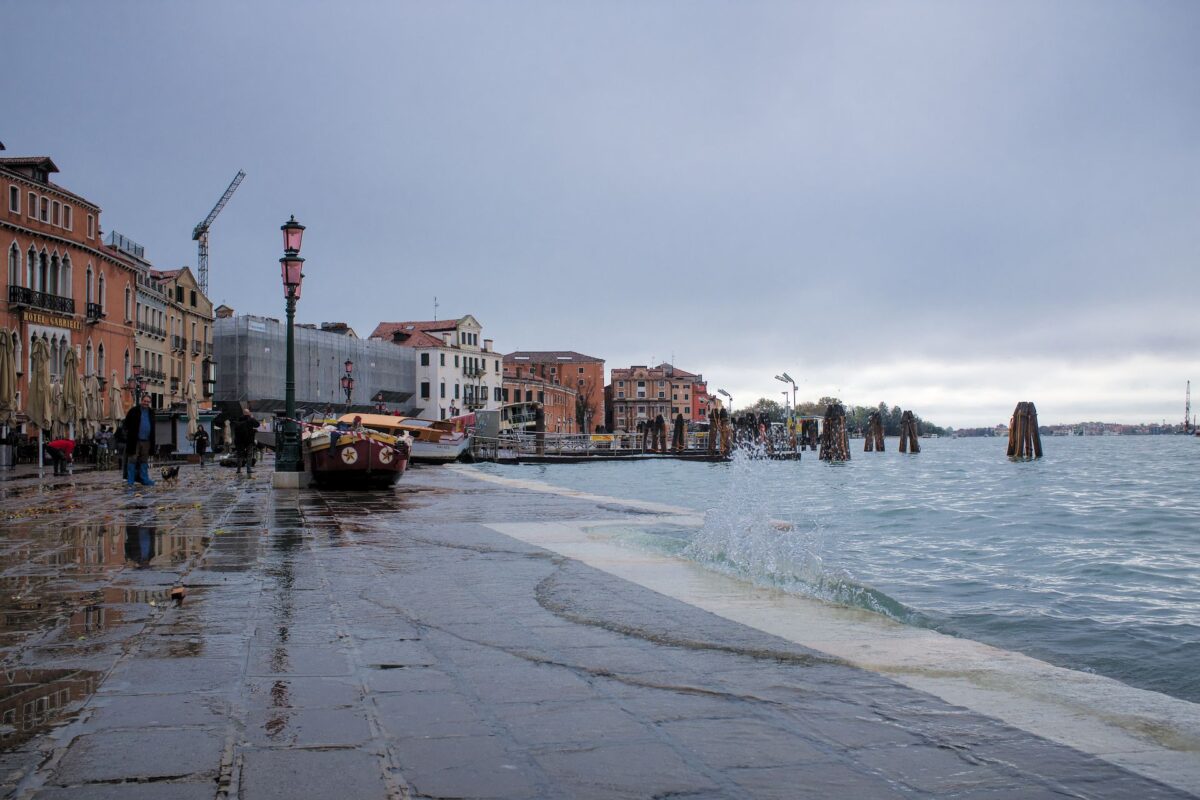
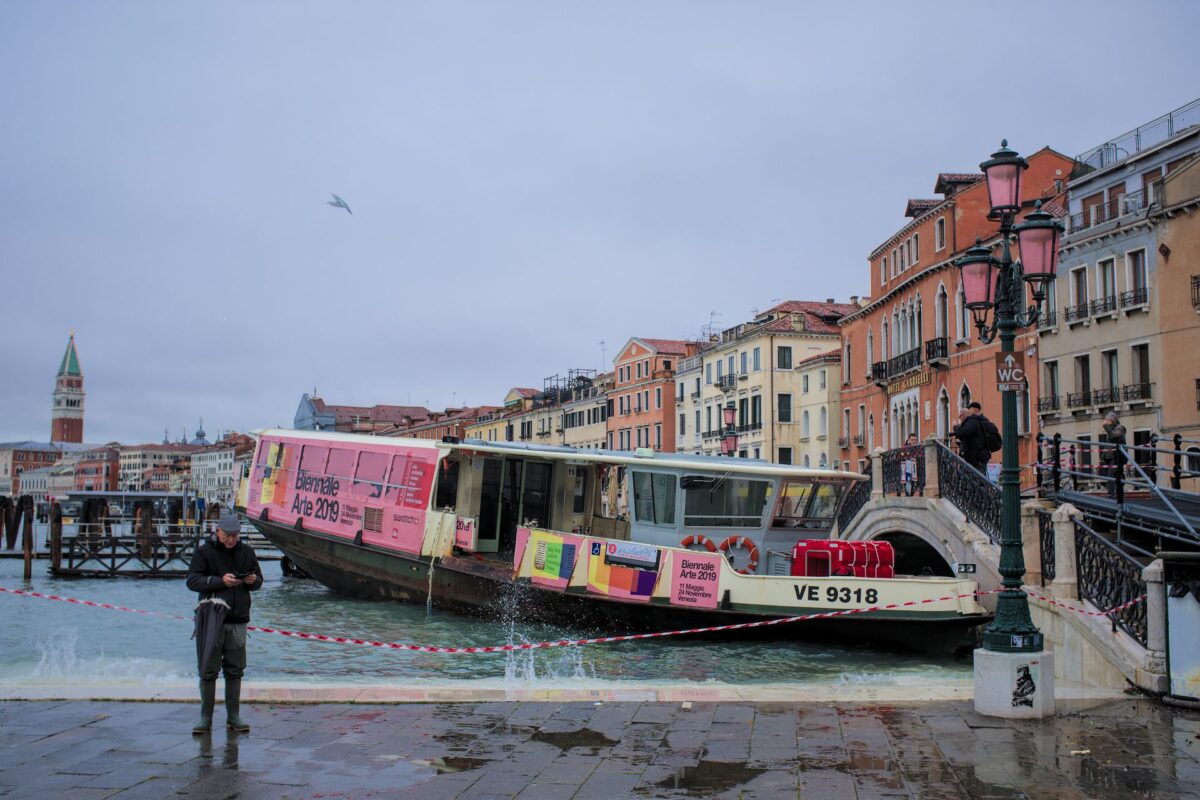
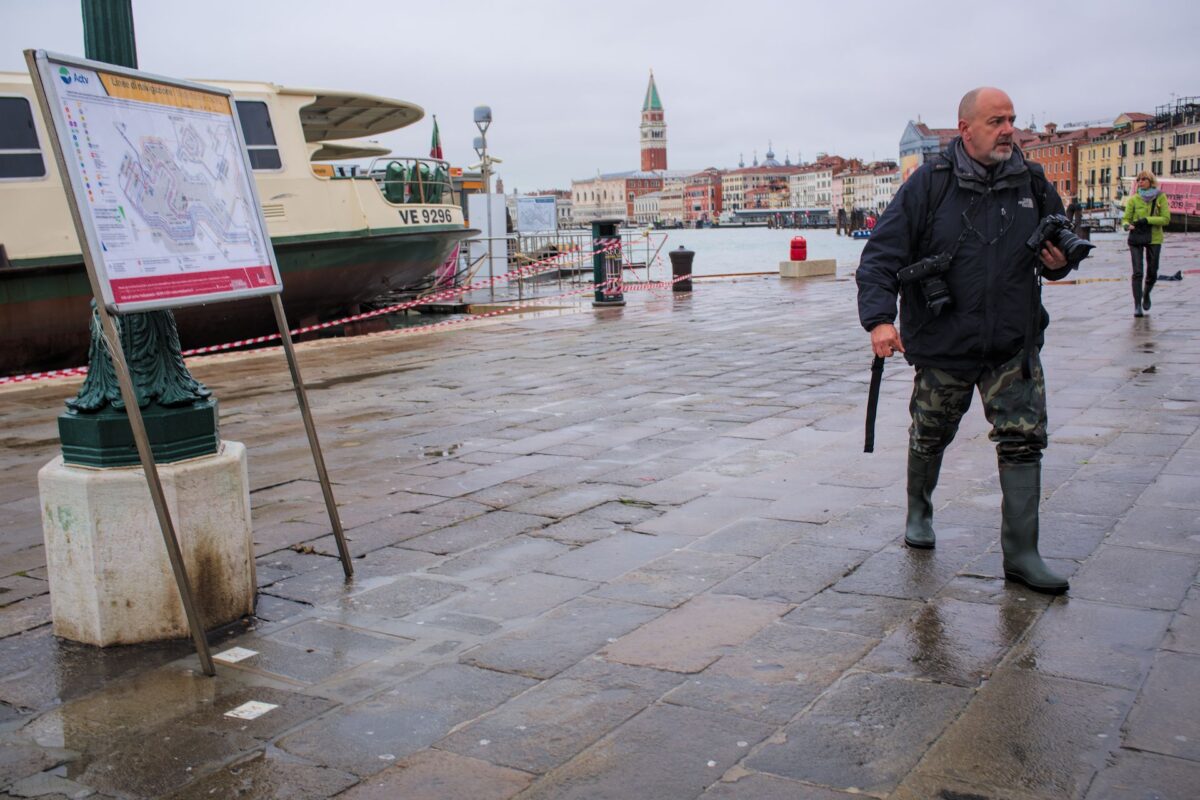
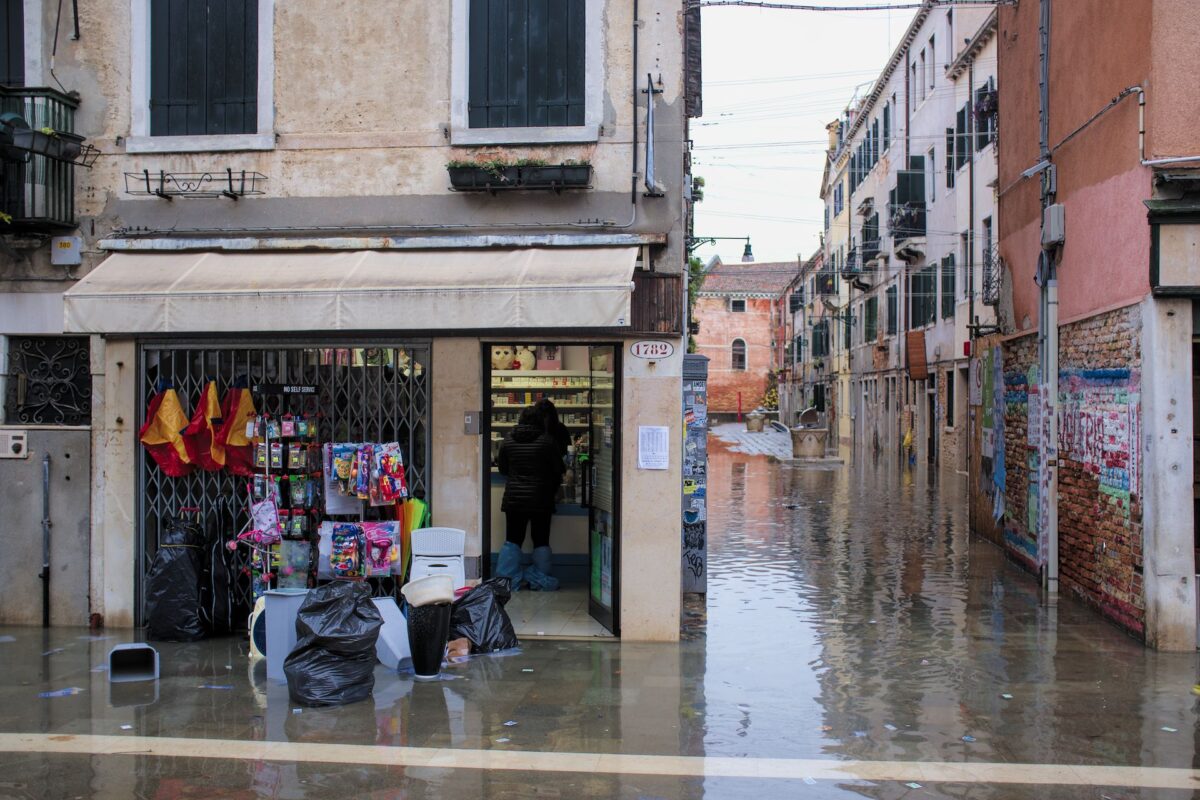
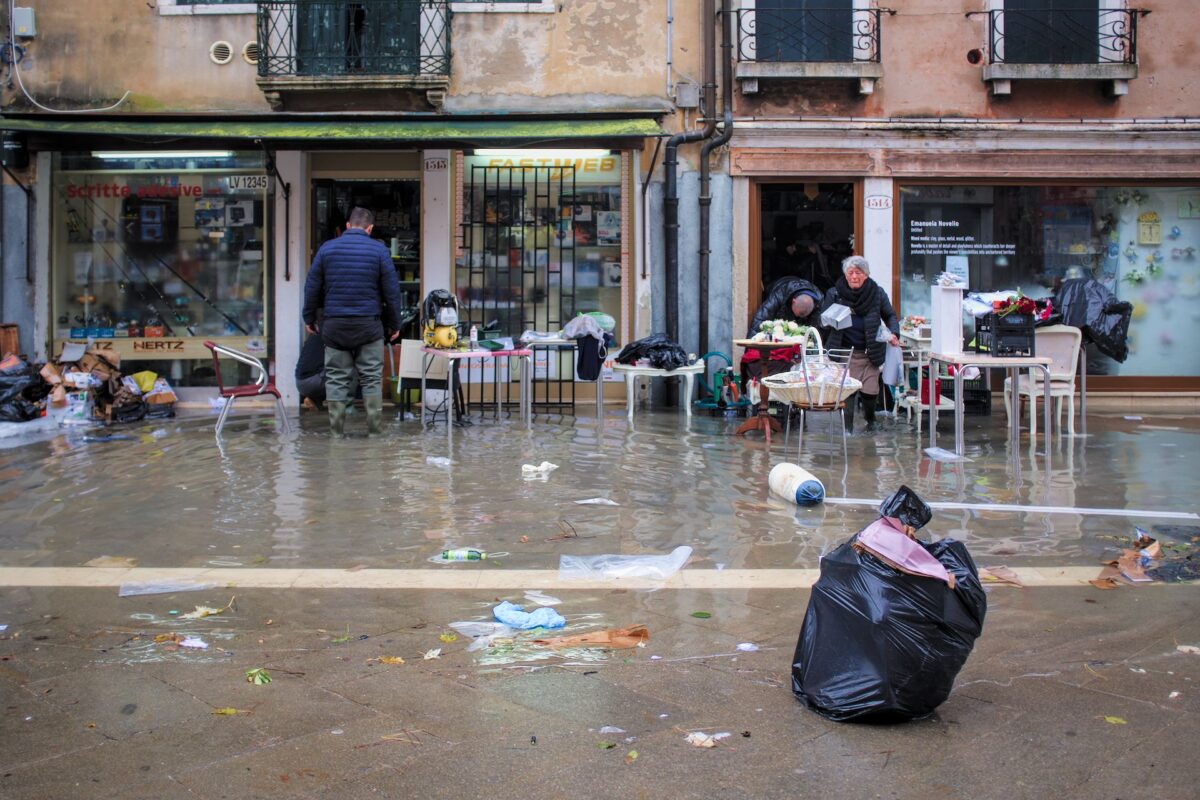
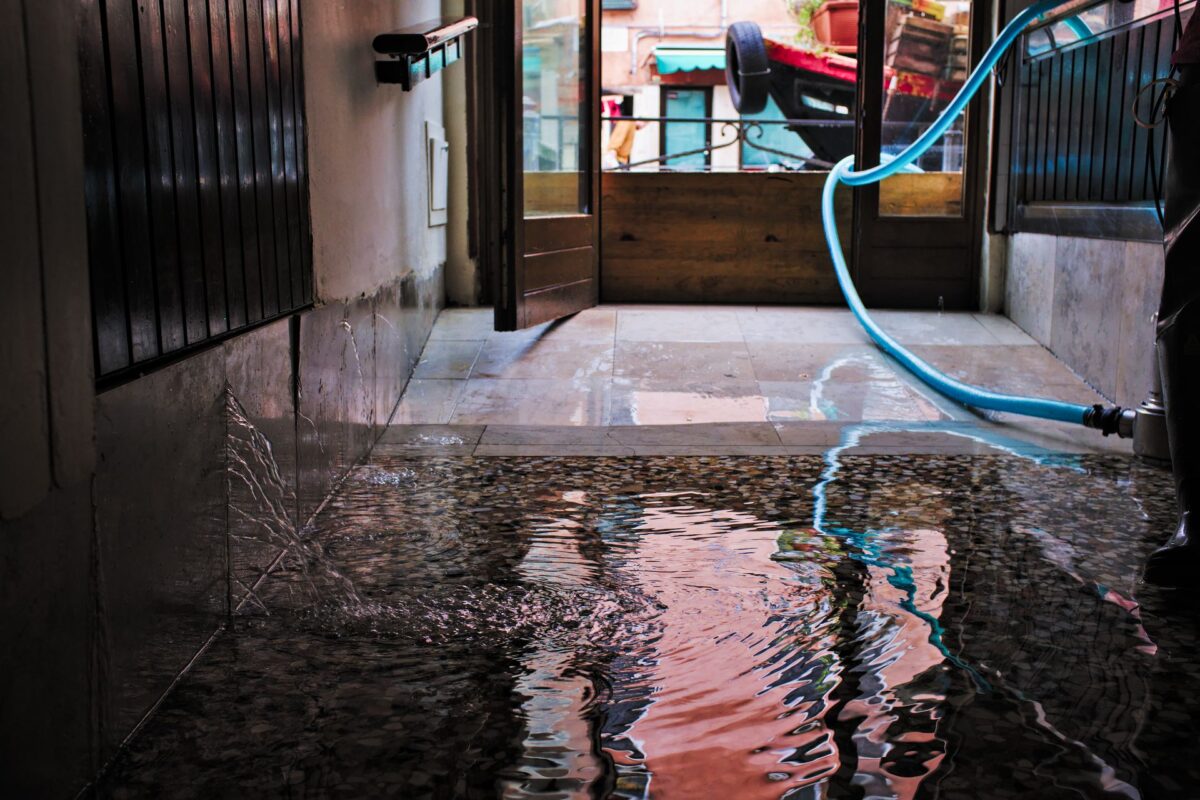
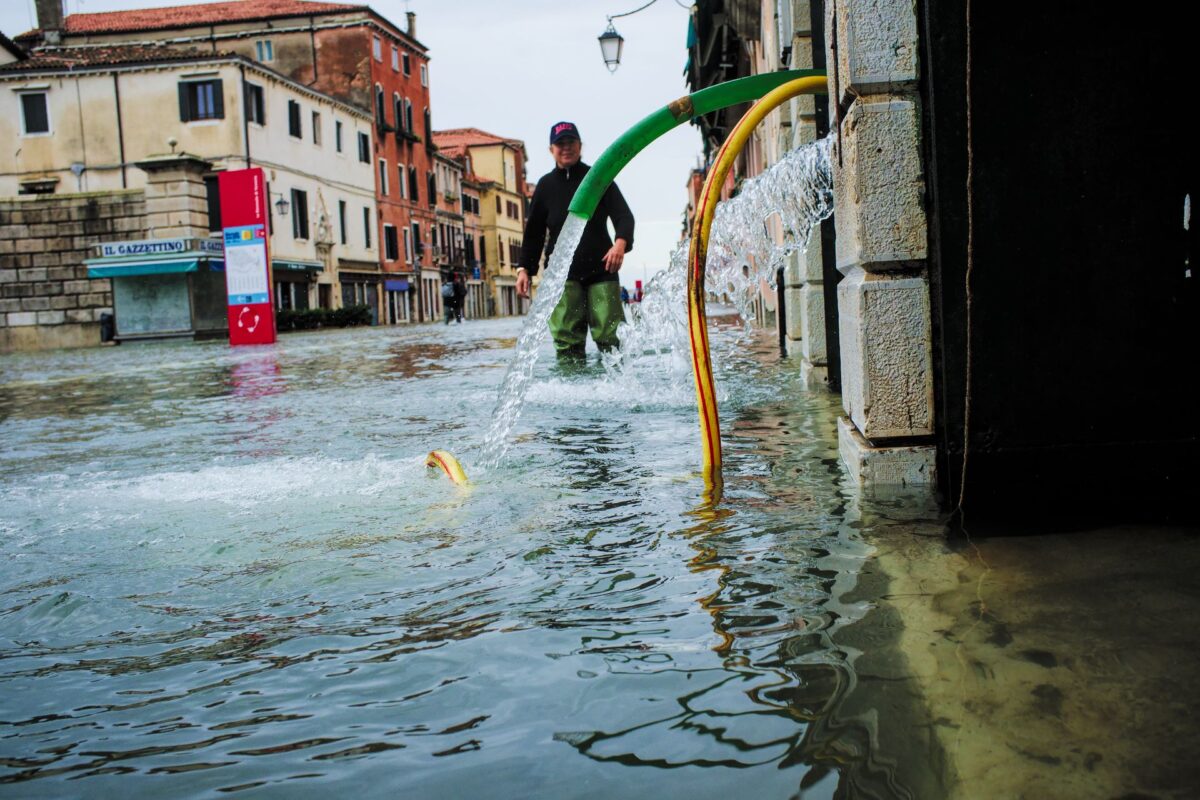
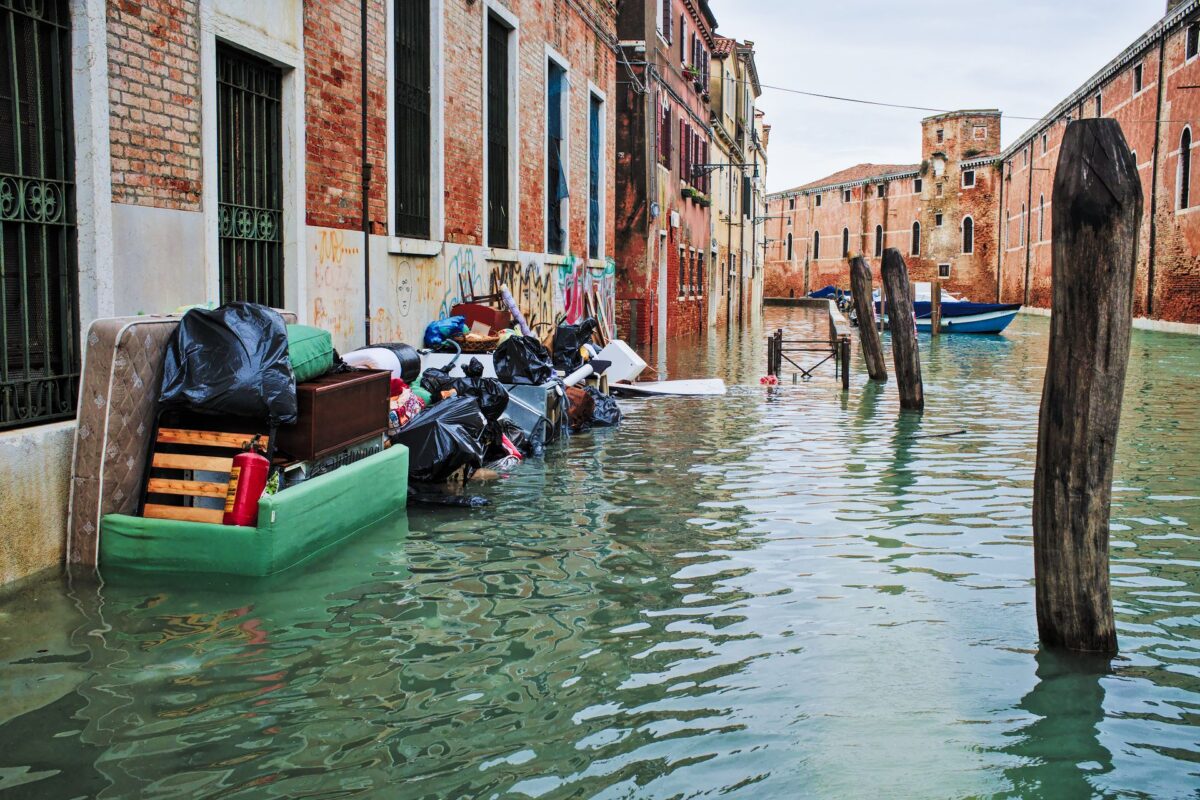
The City of Venice has more information about the tide and its consequences on their web site.
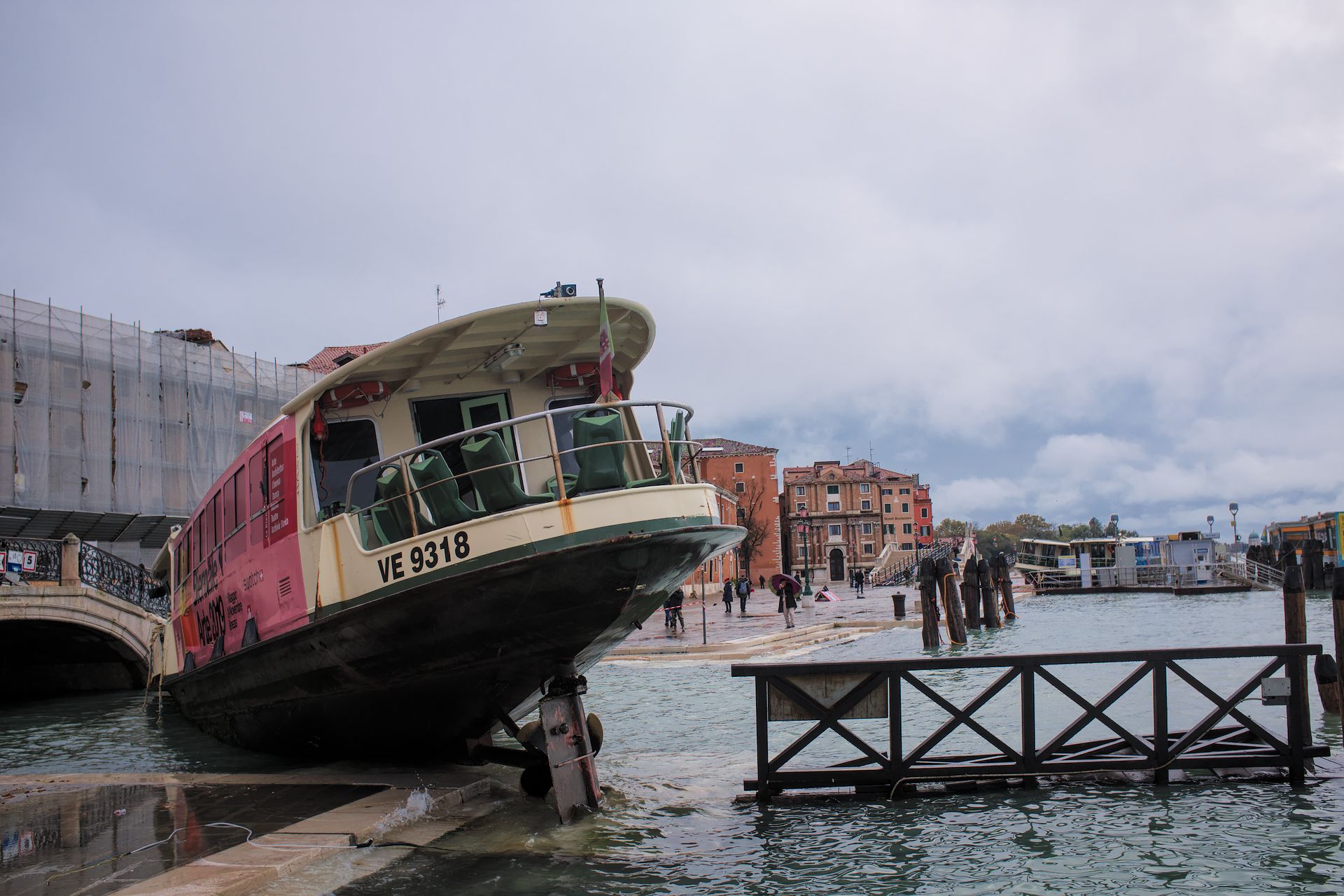
Leave a Reply